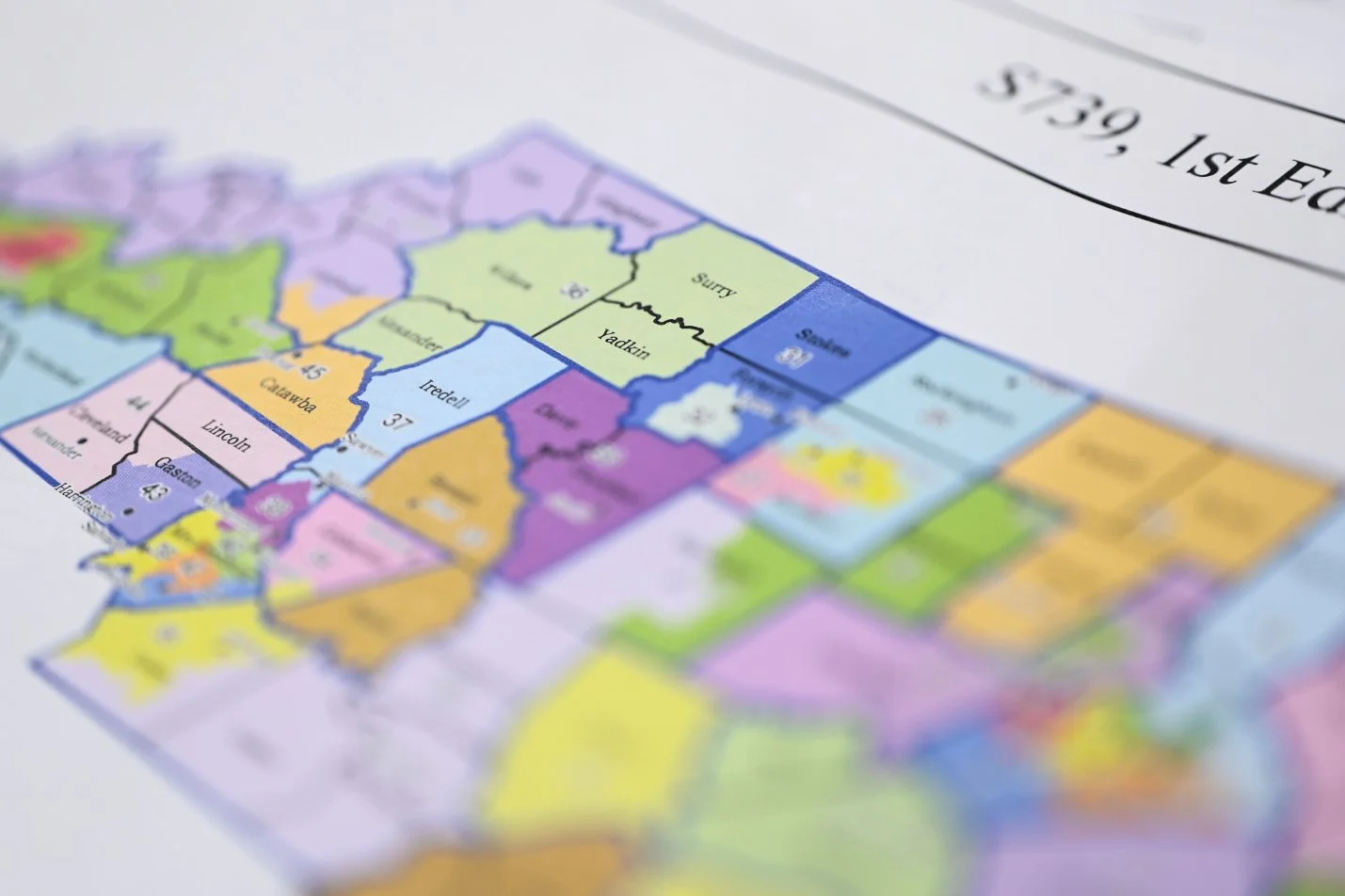National Republican group backs N.C. leaders at U.S. Supreme Court
By Donna King, Carolina Journal
A national group representing Republican state officials is backing N.C. legislators at the U.S. Supreme Court. Legislative leaders want the high court's permission to intervene in a federal lawsuit targeting voter ID.
That request in a case called Berger v. N.C. State Conference of the NAACP has prompted a friend-of-the-court brief from the Republican State Leadership Committee.
Billing itself as the "largest caucus of Republican state leaders in the nation," the committee's brief explains its interest in the N.C. case.
"Elections are meant to yield policy consequences in a responsive democracy," according to RSLC's brief. "However, public policy can be voided in federal courts with the blithest of concern for the democratic process that forged those policies. Elections become effectively meaningless if the public policies won at the ballot box are unnecessarily, or inaccurately, voided by federal courts that are not fully informed of all defenses, justifications, and stakeholder viewpoints."
"RSLC supports state efforts to ensure accurate and comprehensive consideration of all defenses of enacted public policies in federal courts," the brief added.
The national Republican group criticized the 4th U.S. Circuit Court of Appeals. That court blocked N.C. legislative leaders from choosing their own lawyers to defend the state's 2018 voter ID law in federal court.
"Not only did the Fourth Circuit eschew North Carolina’s own definition of 'the State' for purposes of defending state laws, but it did so in part because the Legislature would choose counsel other than its Attorney General, effectively denying certain state-government litigants their own choice of legal counsel," the RSLC argued. "This was in error and an affront to federalism."
If successful, Republican legislative leaders would not be forced to rely on Democratic state Attorney General Josh Stein's office to defend voter ID.
"[S]imply because an attorney general is representing other state officials in an action does not mean that 'the State' is adequately represented," according to the friend-of-the-court brief. "Rather, states are institutionally and politically diverse, and it is an erroneous assumption that the state’s attorney general can, will, or must always provide the most zealous representation for all involved state interests."
State attorneys general can play politics with their decisions about defending lawsuits.
"Thus, it would be inaccurate to assume that each state attorney general appearing before a federal court is a zealous advocate in defense of a state agency or law," according to the RSLC. "In fact, in recent years, there has been a marked uptick in the use of the offices of attorney general in several states to pursue what some perceive as philosophical or political objectives to inform litigation choices."
Legislative leaders have a clear interest in defending their voter ID law, according to the RSLC brief. "[T]he subject of this lawsuit directly
implicates the North Carolina Legislature’s authority to set the time, place, and manner of elections under Article I, Sec. 4 of the United States Constitution. The North Carolina Legislature has a distinct interest in defending its authority from usurpation through litigation."
The 4th Circuit judges complained that additional lawyers representing N.C. interests could increase burdens for plaintiffs and the courts. "That concern is histrionic," the RSLC responded. "Federal district courts manage far more complex litigations, involving dozens of parties represented by different attorneys and debating far more diverse issues and positions, every day."
Allowing N.C. legislative leaders to intervene in the voter ID case will lead to a better process, according to the friend-of-the-court brief.
"The objective of federal courts must be to consider all sides, recognizing that complex political institutions like state governments often house different perspectives and interests," according to the RSLC. "Providing a forum for airing those perspectives throughout the litigation process will only strengthen the judicial process — not weaken it. It will make for more informed and more accurate judicial outcomes."
Oral arguments have not yet been scheduled in the case. A decision is expected by June.



